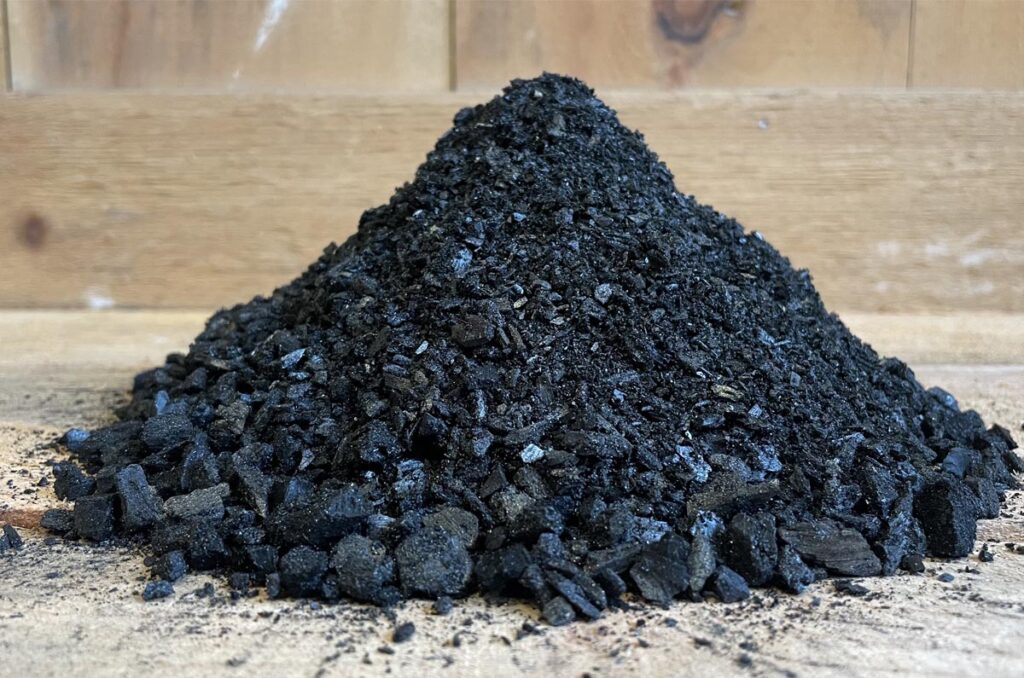Biochar is a type of charcoal that’s produced through the pyrolysis of organic materials, generally biomass similar as agricultural waste or forestry residues. It has been shown to have numerous environmental benefits, including the reduction of manure emissions.
Manure emissions, such as methane and nitrous oxide, are significant sources of greenhouse gases and contribute to global warming. Methane has a global warming potential 28 times greater than carbon dioxide, while nitrous oxide has a global warming potential 265 times lesser than carbon dioxide.
Biochar has been shown to reduce manure emissions in several ways. Originally, by adding biochar to livestock feed, it can increase the efficiency of digestion in the animal’s gut, leading to reduced manure emissions. This is due to the porous structure of biochar, which allows it to absorb and hold onto dangerous gases similar as methane and nitrogen.
Additionally, the addition of biochar to manure can also reduce the emission of greenhouse gases during the storage and treatment of manure. The carbon structure of biochar acts as a carbon sink, sequestering carbon dioxide and reducing emissions from the manure.
Furthermore, using biochar as a soil amendment has also been shown to reduce manure emissions. Biochar can improve soil fertility, allowing for more effective use of nitrogen and reducing the need for excessive application of manure. This reduction in the need for manure application results in a corresponding decrease in manure emissions.
In conclusion, the addition of biochar to livestock feed, manure, and soil can have a significant impact in reducing manure emissions and mitigating their dangerous effects on the environment. The use of biochar as a sustainable and environmentally friendly solution to reducing manure emissions is a promising area for further research and development.

